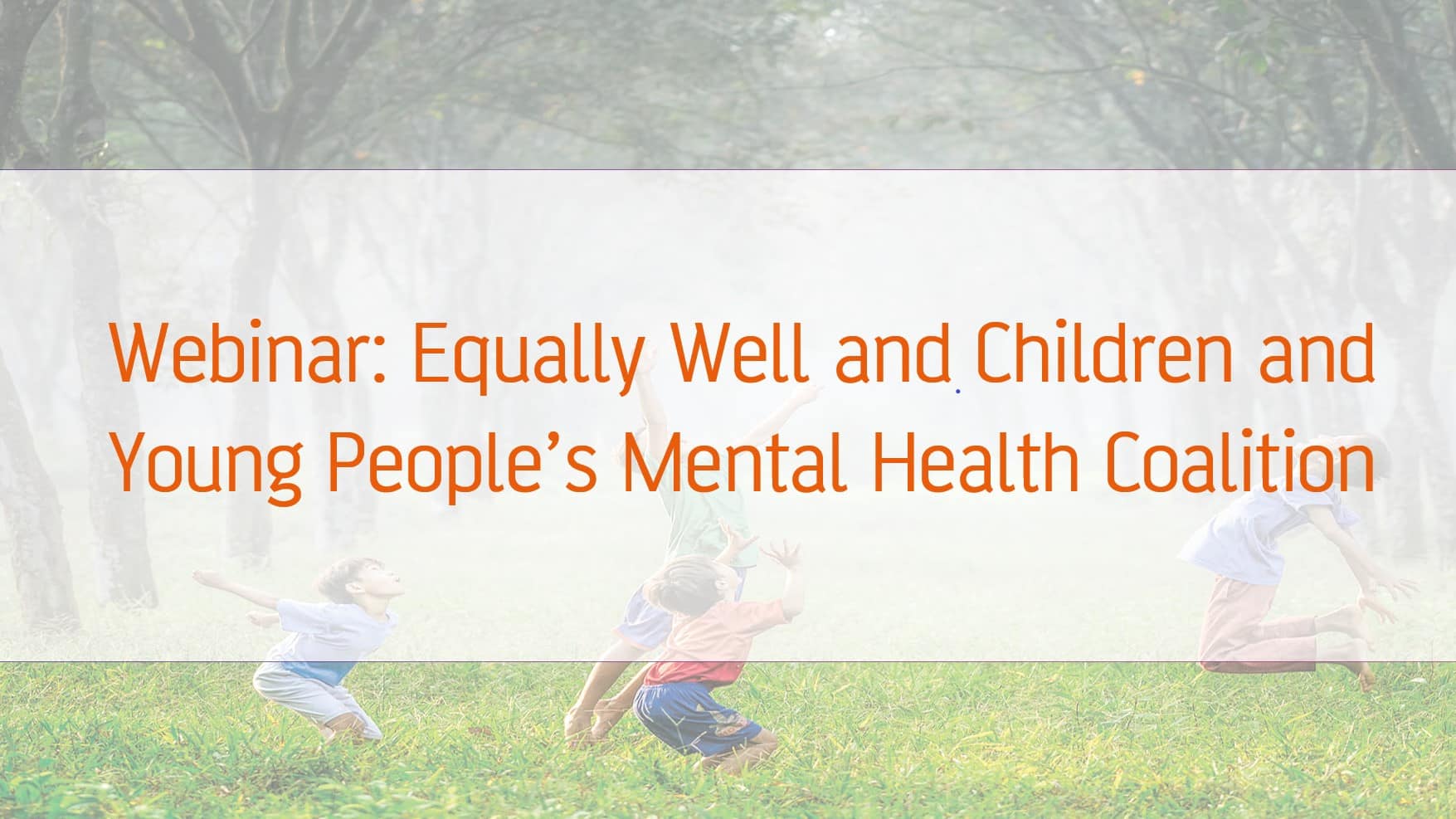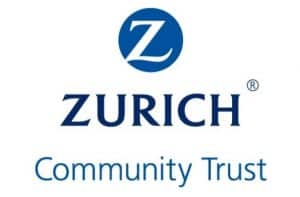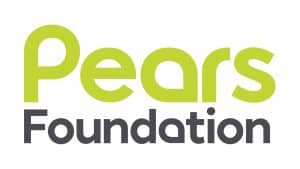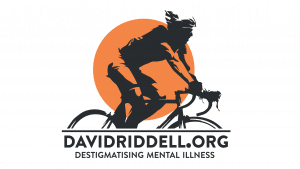In June, the Children and Young People’s Mental Health Coalition held a joint Lunch and Learn webinar with Equally Well to explore how to support the physical health needs of children and young people with severe mental health illness. In this blog, Helen Butlin from Equally Well outlines some of the key discussions from the webinar.
We were pleased to join the Children and Young People’s Mental Health Coalition to start a conversation on the physical health of children and young people living with mental health conditions. Equally Well is a collaborative focusing on improving physical health outcomes for adults living with severe mental illness. We know that severe mental ill health reduces life expectancy by around 15-20 years and increases the incidence of physical health problems from cardiovascular disease to diabetes and poor oral health. The work we do has focused on adults because it is often in adulthood when the physical effects of managing long term mental health conditions become clear. However, if we work in a holistic way from the outset, ensuring physical and mental health are understood as interlinked, we hope to improve quality of life for anyone living with severe mental illness.
Hearing the voice of lived experience
We started by hearing from Jason Grant, a member of the Equally Well Expert by Experience group and a Peer Worker who shared his experience of supporting people with psychosis to access support with exercise and information around forming healthy habits. Jason highlighted the importance of encouraging and motivating people. His experience has shown the importance of making time to foster ideas and find different ways of working, for example walking and talking when you have a support session. It is important for professionals to know what is available in the local area and the different options that will appeal to different people. GPs are not always aware of all the options or the referral routes to community organisations which can provide sports or exercise opportunities. It is important to maintain up-to-date information on what is available and build good connections to give people the best opportunity to find the right support for them.
Bridging the gap between physical and mental health
Zaaikirah Topia then introduced the Physical Health and Wellbeing Clinic that is held weekly in the CAMHS service where she works in Oxford Health NHS Foundation Trust, a member of Equally Well UK. The dedicated clinic provides a space for young people to focus on their physical health and supports them with information on topics they are interested in exploring such as nutrition, exercise, oral health, medication side effects and sexual safety. Benefits to young people attending have been increased physical health and education and learning for young people and staff.
Next, Lizzie Wortley, a researcher from the Association for Young People’s Health (AYPH), who is an adolescent doctor at UCLH shared what young people say to AYPH they need from mental health services. Young people are clear that there is no difference between their physical and mental health and it is frustrating for them that they are differentiated in services. Their thinking is ahead of services and the training systems that continue to separate physical and mental health. The clinic she has set up aims to support the young people with a symptom in their body that is being impacted by what is going on in their lives and there is no clear pathway to support for them. It is a space for exploration and holding the issues that sit between physical and mental health, often for young people who have been bounced between different services, have complex needs and multiple health inequalities. Ensuring that we continue to have spaces that can hold and work with the complexity and ambiguity that each whole person brings is essential in true parity of esteem.
Next steps
Thank you to all who participated in the webinar, which you can watch below. We look forward to continuing the conversation and exploring ways we can prevent the physical health problems in later life for young people managing long term mental health conditions.
If you would like to find out more about the work of Equally Well please visit their website.
Author: Helen Butlin
About the author:
Helen has worked in the voluntary sector for 15 years, focusing on mental health and bereavement support. While studying in Leeds, she became a volunteer for Leeds Survivor Led Crisis Service. Following training in the Person-Centred Approach and group work, she went on to support individuals and groups around wellbeing, self-harm, suicide prevention and trauma in several organisations across Leeds.
After moving back to London in 2014, Helen worked for Healthwatch Lambeth and as a service manager for Cruse Bereavement Care and Sands (Stillbirth and Neonatal Death Charity). She is motivated by the power of bringing together research and lived experience to change systems and society for the better.






